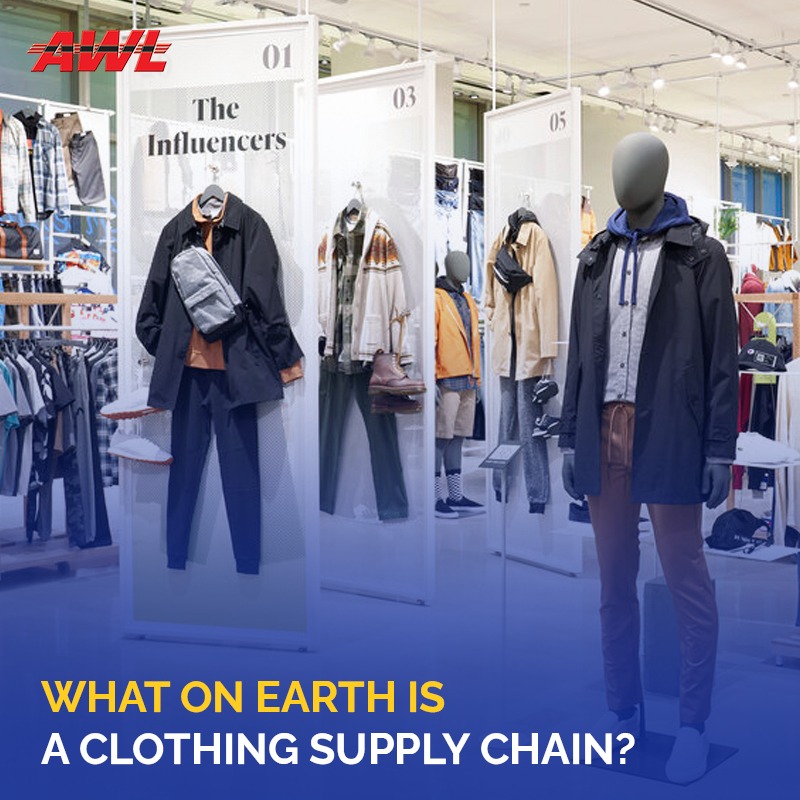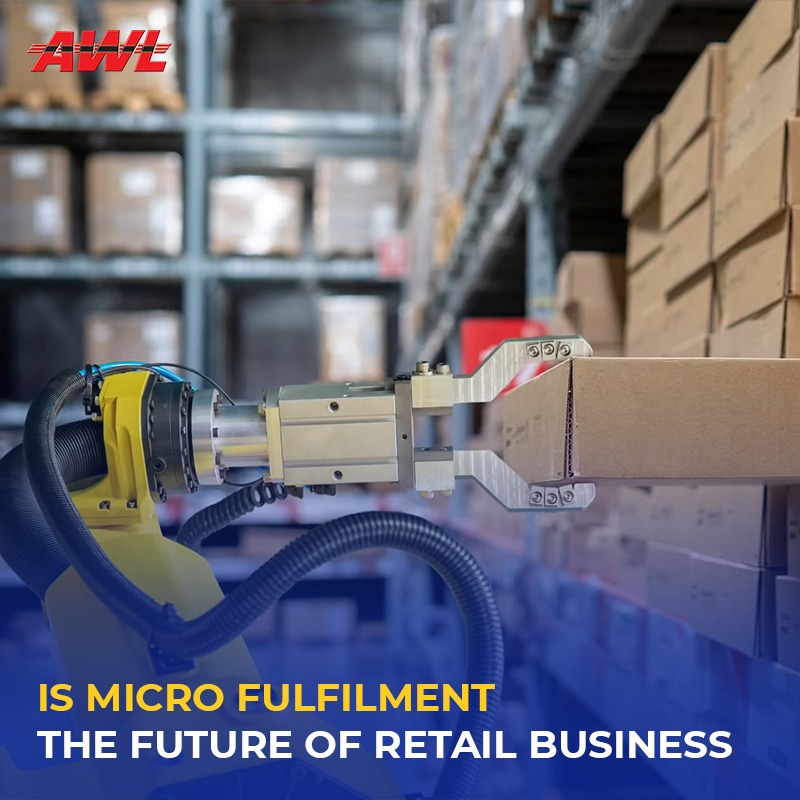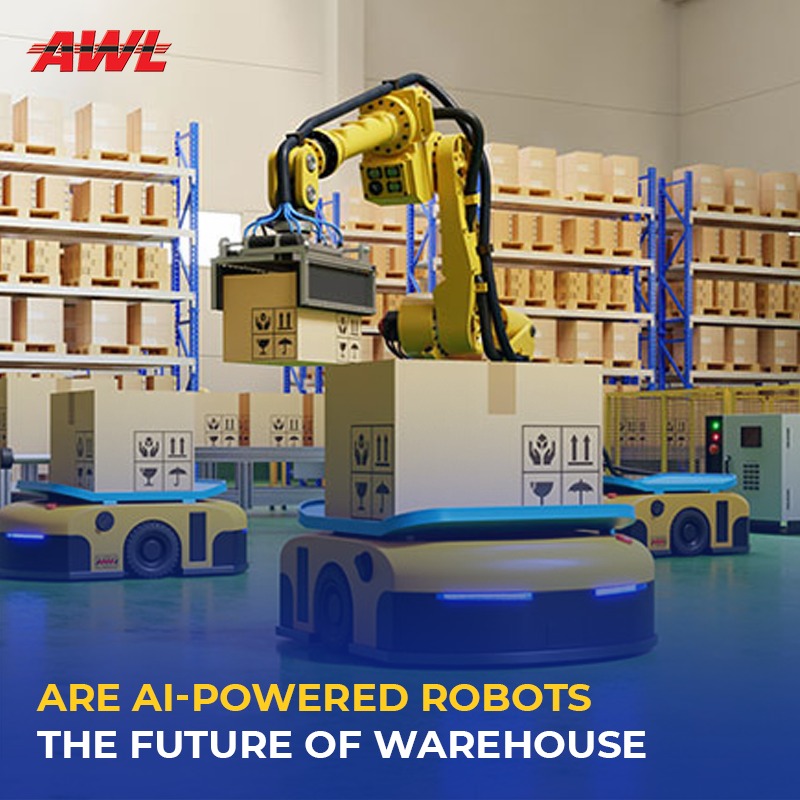

Let’s be honest, we’re not very mindful of where or how our clothes come from and reach us, right? And we’re not to blame. Figuring out earth clothing supply chains is not as interesting as scrolling through fashion websites and curating elaborate wishlists. Another reason why the average consumer of apparel is so disconnected from the origin and
When you collect your clothing package at your doorstep, you’re a part of a very long and quite complicated series of processes within the clothing supply chain.
The apparel industry is a fascinating, labor-intensive industry, with millions employed in the industry worldwide - a lot of them from third-world countries, where labor is cheap. The number of people contributing to making your clothes is staggering, although you might not think so.
But if you make yourself think about it, imagine what could be the processes involved in making a piece of clothing - designing, getting the materials, making the dress, right? But there’s more involved in it.
Apparel Supply Chain loosely refers to the step-by-step process of manufacturing apparel. The steps involved in delivering your piece of clothing can be categorized into the following:
Sourcing of raw material
Processing and manufacturing
Distribution
Now, these processes are all often done at a different locations. Especially in the current times, where fast fashion is trendy and demands high speed and cheap labour, fashion businesses go to extreme lengths to source their raw materials from thousands of miles around the world. Not to mention to get most of the manufacturing done from third world countries.
Now, let us talk about the processes involved in Apparel Supply Chain in better detail. Here are the categories I will be covering in this blog:
Design
Procuring raw material
Production
Distribution & Retail
Reaching You
Design is essentially the first step in apparel manufacturing. Each piece of clothing - no matter how big or small it is, needs design to take form. The fashion designer works on a design, that details the fabric, cuts, and styles. It is the job of a fashion designer to suggest fabric details, manufacturing ideas, etc. to the rest of the team involved in apparel.
The design of the cloth is based on the current fashion trends and is only meant to last a season or a few wears. People these days change styles frequently and so, the demand for new styles comes around too frequently.
Figuring out where to procure raw materials from for the design is the next step in the apparel supply chain. If a certain fabric is to be imported from another location, or a certain material grown there or at a foreign location, it has to be planned, and executed. Some businesses import raw materials from other countries where this material is sold for cheap.
Regardless, when the business has the right raw material in hand, that is where the other processes in the apparel supply chain take place.
In this step, the work is done to translate the design into the actual product. From being just on a piece of paper, the design comes alive in physical form. For the team involved in production of clothing, having the right equipment, the right space, and the right personnel to supervise or guide them is essentia.
Treating the raw material property, combining it with other materials, spinning, weaving or sewing it so it becomes a fabric - it all requires a specialisation. The fabric might also require dyeing and adding the finishing or details - again, in a foreign location (if the business needs it).
Once the manufacturing process is done with, the clothes are to be dispatched from the factories and reach distributors and retailers. Some of these clothes travel globally to reach the desired set of customers. And here is where the logistics aspect comes into play. Although this is not the only step that requires logistics and transportation facilities.
For example, Cashmere clothing is something that is demanded globally. It travels all the way from India to global destinations to meet the requirements of the consumers that demand this fabric there. The products are shipped into vehicles so that they reach the warehouses or distribution centres.
Once the products are in the distribution centre, it then becomes ready to reach you - the customer. As a customer, you may order your clothes online or get it from a garment store physically. No matter what way you order it, some or the other logistics aspect will be involved in it. If you order it online, most likely, a delivery person will arrive at your doorstep with your package of clothing and leave it right in your hands.
Note that in an apparel supply chain, the above-mentioned processes might be taking place simultaneously. The presence of logistics and supply chain management companies like AWL India is ever-present in every step of apparel manufacturing and delivery. In the current times, the industry is demanding modern supply chain solutions, backed by technology, so that the apparel business can thrive and the supply chain becomes more seamless.

